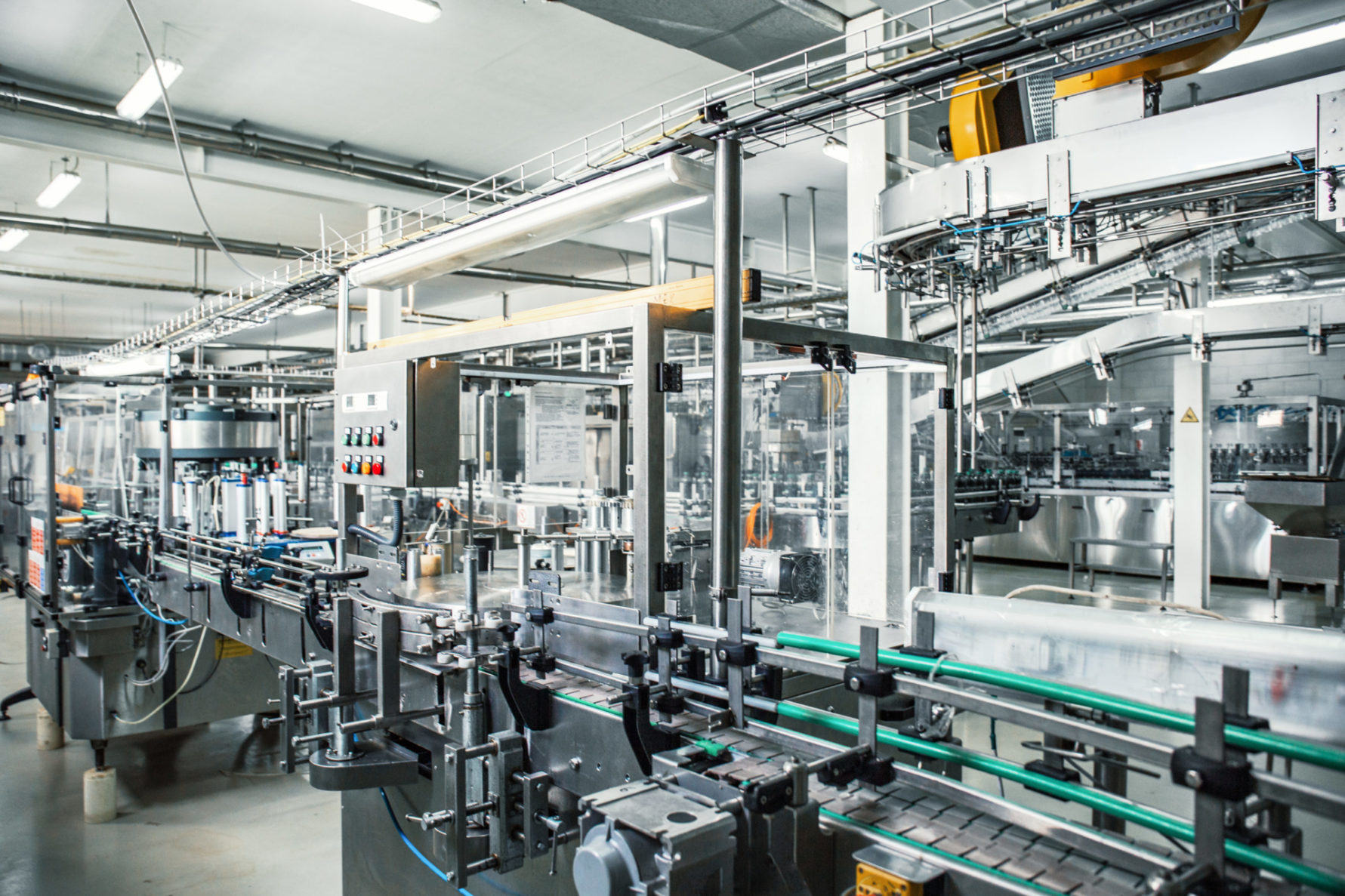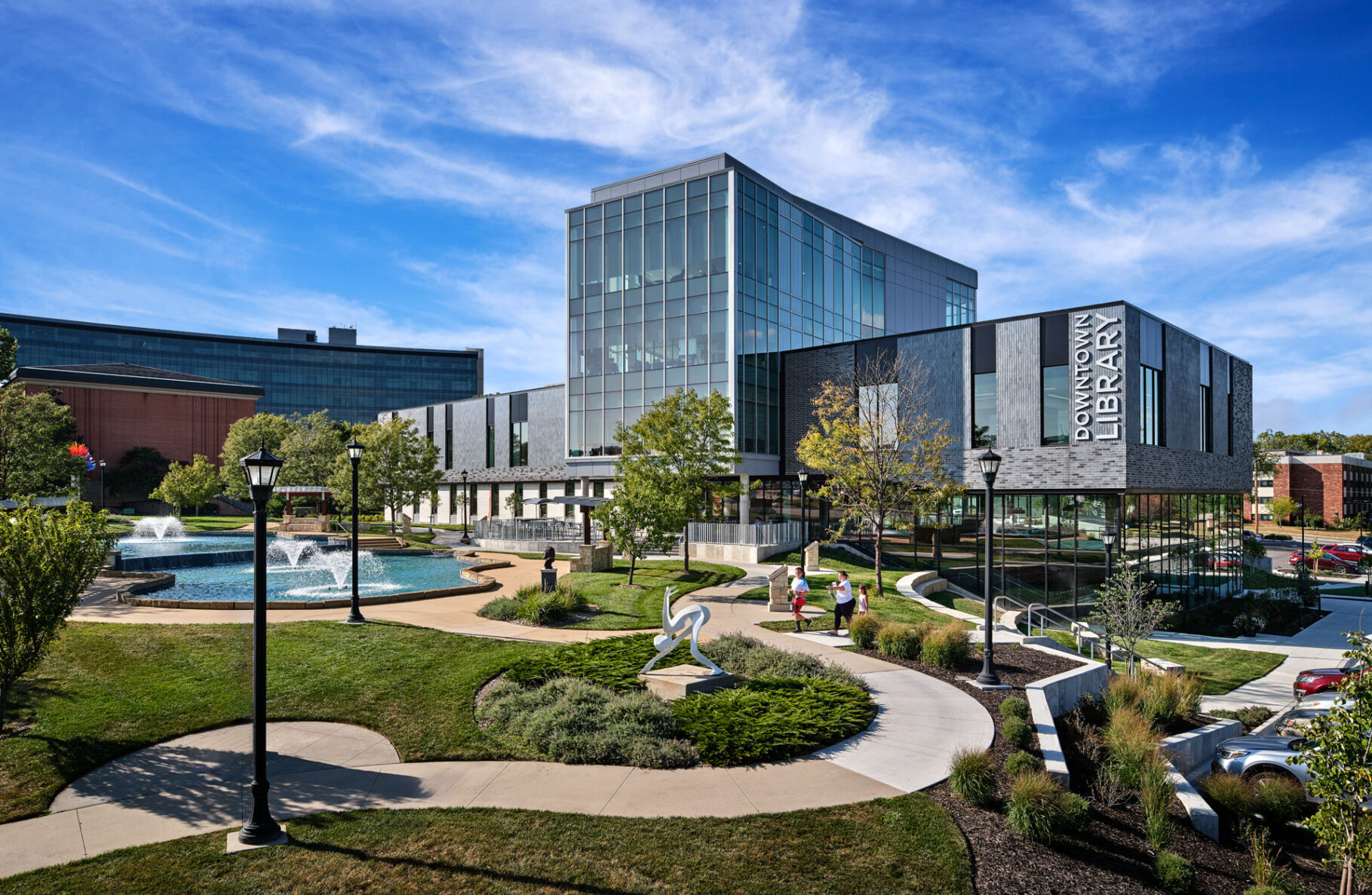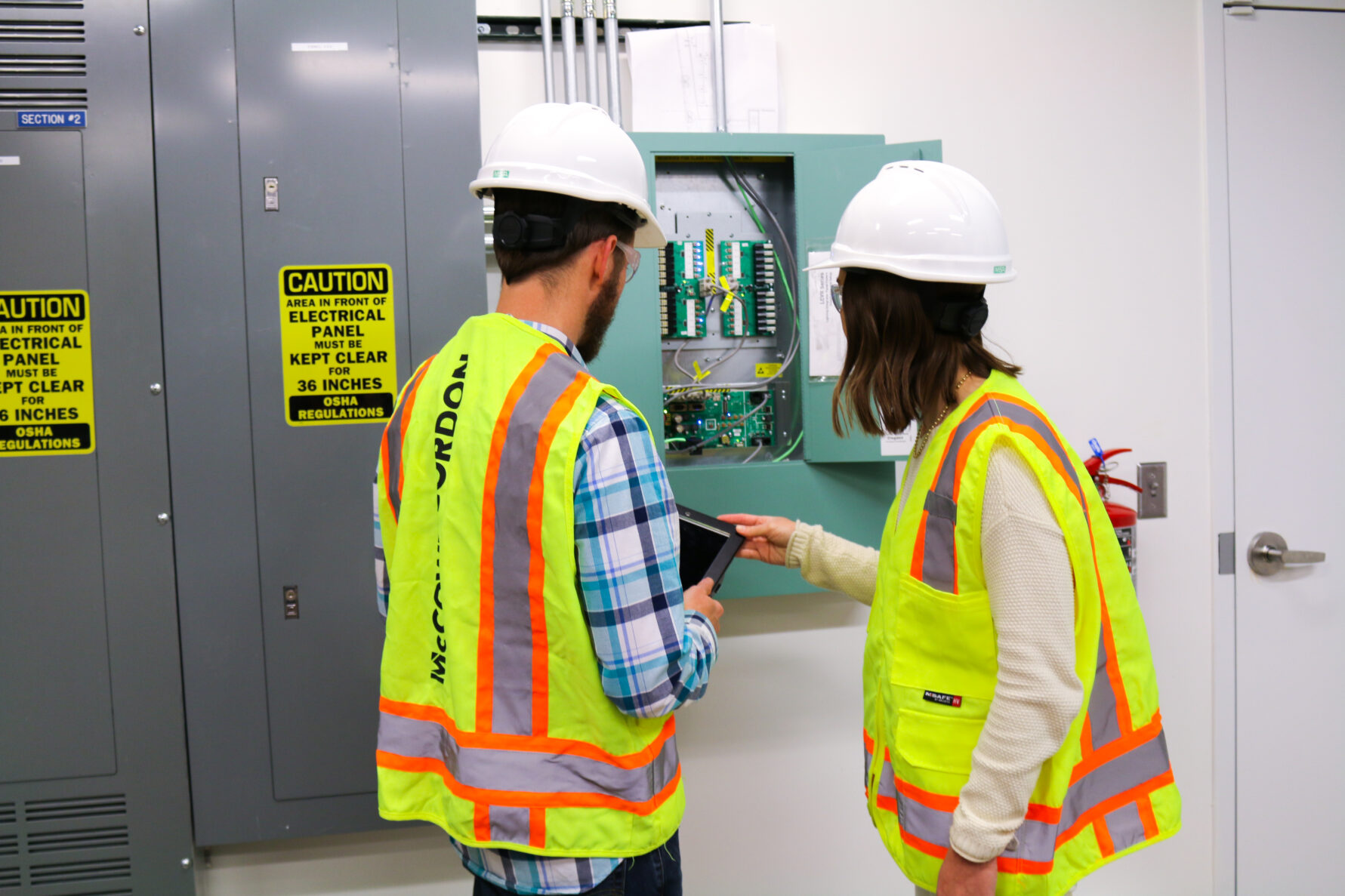10 questions that lead to smarter equipment investments

We sat down with our manufacturing market leader, Justin Hamilton, to find out what manufacturers need to know before they purchase packaging or process equipment for their facility. Make sure your team goes into the equipment procurement process with your eyes wide open by answering these questions.
1. How flexible is the equipment?
What happens if there’s a change in your product line? Can your equipment be nimble and adjustable? What if your product is selling like hotcakes and you need to ramp up production? Can your line handle an increase in volume? Understanding how flexible and adaptable your equipment is to change can help you flex production to our product’s demand.
2. What about automation?
From material handling systems to automated assembly lines to cobots, automation is here and brings a number of benefits to manufacturers. We advise our clients to ensure your equipment is flexible enough to adjust to the latest technologies to capitalize on the efficiencies and cost reductions automation or semi-automation can provide.
3. Are there benefits to procuring all my equipment from one manufacturer?
There are benefits and drawbacks to using just one vendor for all your equipment. An OEM may be more willing to work with you on developing a custom-designed equipment solution if you commit to solely sourcing from them. Also, if you have multiple lines or plants that make the same or similar product, there is a benefit in “standardizing” one equipment OEM. It allows you to develop plant or companywide expertise and apply knowledge from one line/plant to the other. It can also cut down on spare parts needs and there could be discounted pricing if bulk buying OEM equipment.
4. How available are spare parts?
We all know murphy’s law and understand that it comes for everyone. And when it does it’s important to be prepared. Some pieces of equipment have a lack of availability of spare parts due to geography, shipping cost, and supply chain. Asking the question about availability upfront can prevent headaches in the future.
5. How easy is the equipment to maintain?
Like your car, manufacturing equipment needs regular maintenance to keep it working efficiently and effectively. After your purchase make sure your staff are properly trained so they understand the machinery’s mechanics, control systems and safety procedures. Also, ask about predictive maintenance technologies. Predicting potential failures prior to a breakdown allows you to schedule the maintenance and avoid any downtime in product Some equipment comes with optional “continuous monitoring” technology. Many times, the upfront cost of this add-on is a great investment as it prevents costly downtime in the future.
6. Where is my OEM based?
If you need spare parts or service from the vendor how easy is it for them to get to your facility? Proximity sometimes makes a difference. Are they across town or across an ocean? f sourcing internationally, US customs can add unpredictable delays.
7. Is it okay to explore different brands of equipment?
Sure! And sometimes it’s better. Working with an equipment integration partner can help you develop a custom equipment solution for your packaging needs. We’ve seen equipment availability as a major issue for some of our clients, especially when it is sole-sourced. By tapping into a few different OEMs, we’ve seen clients avoid long-lead times or limited capacity. Using different vendors also helps you take advantage of the latest technologies. Manufacturing equipment is constantly improving, so by using a variety of vendors you’re able to stay abreast of the latest and greatest in increasing efficiencies in your production.
8. How can I make eco-friendly processing and packaging equipment choices?
Enhancing sustainability in manufacturing is quickly becoming an industry norm that can lead to cost savings, improved brand reputation and reduced environmental impact. We’ve seen a lot more of our clients considering energy efficiency, lifecycle assessments, emissions and durability/longevity when procuring equipment. We advise our clients to explore pieces with certifications and standards such as Energy Star and ISO 14001, investigate vendor take-back programs and recycling options for waste management, and understand the total cost of ownership (TCO).
9. How much will it really cost?
When procuring manufacturing equipment there is much more than just the upfront cost. We advise our clients to crunch all the numbers. Production rates, operator effort/staffing, maintenance labor/parts, packaging and product scrap rates, licensing, energy consumption and more should be added to the bottom line to get a true sense of how far your capex budget can stretch.
10. What’s an equipment integrator? And do I need one?
Equipment integrators, such as McCownGordon, can help you develop a comprehensive equipment solution for your product. Understanding your business goals, production needs and facility constraints, our firm can provide as many services as you need. From total supply chain modeling and simulation to leading the design and engineering efforts and managing the procurement process to installing and integrating your new lines within your existing operations our industry expertise delivers a full-service, turnkey solution you can be confident in.
Meet the Team
Follow Us
McCownGordon strives to be a thought leader in our industry and provide continuous insight and updates to our clients to ensure we're keeping up with the latest technology and safety standards and regulations.
Sign Up



